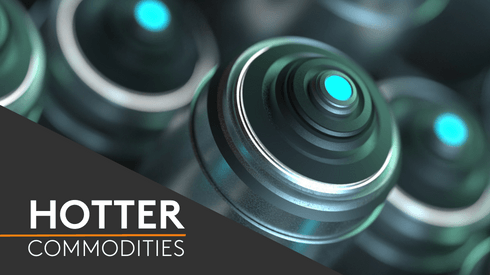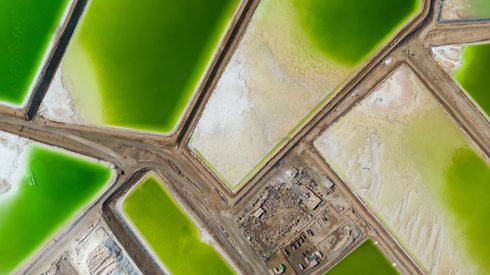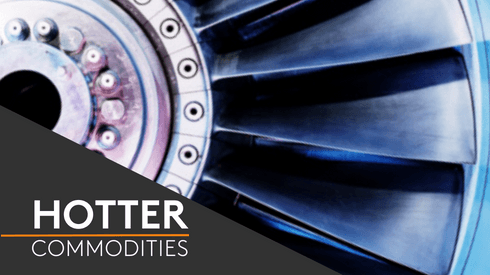Finnish biofuels producer Neste on Monday announced one of the biggest offtake deals to date in the sustainable aviation fuel (SAF) sector, with the company undertaking to supply 320,000 mt to Germany-based logistics company DHL over the next five years.
The deal means that DHL will be one of the largest customers for Neste’s planned 1.5 million tonnes of hydroprocessed (HEFA) biojet capacity by the end of 2023 and make a major contribution to DHL’s aim to use biojet for at least 30% of its fuel supply by the end of this decade.
DHL said in a joint statement on the deal that EU policymakers must ensure that the bloc’s proposed SAF mandate is tweaked to enable more leeway in terms of accounting and compliance.
“Our key focus is to inspire more SAF suppliers to address the current supply gap,” DHL chief executive John Pearson said.
“At the same time, we are calling on policymakers to set the right framework to accelerate market ramp-up of SAF in the EU and worldwide, including an accounting mechanism that allows flexible SAF purchases and usage,” Pearson added.
The company said previously that an EU-wide SAF mandate should be “robust and easy”, based on clear and reliable sustainability criteria, a ‘Book and Claim’ [mass balance] approach that is secured through a SAF registry.
DHL’s commitment to use 30% SAF by 2030 made in March 2021 forms part of a plan to spend €7 billion investment on low carbon logistics, which will include sustainable aviation biofuel and electric vehicles (EVs) for ‘last mile’ deliveries.
As part of that announcement, DHL said the widespread adoption of sustainable aviation fuel would help the company reduce these annual group carbon dioxide emissions to below 29 million metric tonnes by 2030.
This would compare with 33 million tonnes reported for 2020, “despite expected and continued strong growth in global logistics activities,” DHL said.
In Germany, where DHL is based, the government wants e-fuels made from renewable energy to account for a biojet under its 2% blending mandate by 2030 – a requirement that would mean companies supplying DHL and other consumers of jet fuel are supplied with other types of SAF than HEFA.
However, it is unclear at this point whether Germany’s national requirements will be superseded by an EU-wide mandate that is scheduled to come into effect from 2025 and from 2030, which requires a 0.7% subtarget for e-fuels across the 27-nation bloc.
MEPs are considering whether to restrict the role of waste-based feedstocks such as used cooking oil and animal fats in a future EU SAF mandate amid concerns about the availability of feedstocks and the impact on producers of road-based FAME biodiesel.
But further clarity is not expected to emerge until June, when the European Parliament is expected to vote on any changes to what the European Commission proposed last July.
According to a database compiled by the International Civil Aviation Organization, Neste had signed offtake agreements totalling 232.4 million litres (185,920 tonnes) ahead of Monday’s announcement.
That same database calculates that 21.743 billion litres (17.394 tonnes) have been agreed in 58 offtake agreements that have been publicised so far, with 12.39 billion litres covered by supply deals announced in 2021.
If you’d like to find out more about the potential opportunities for SAF production, watch our webinar on raw materials here.







